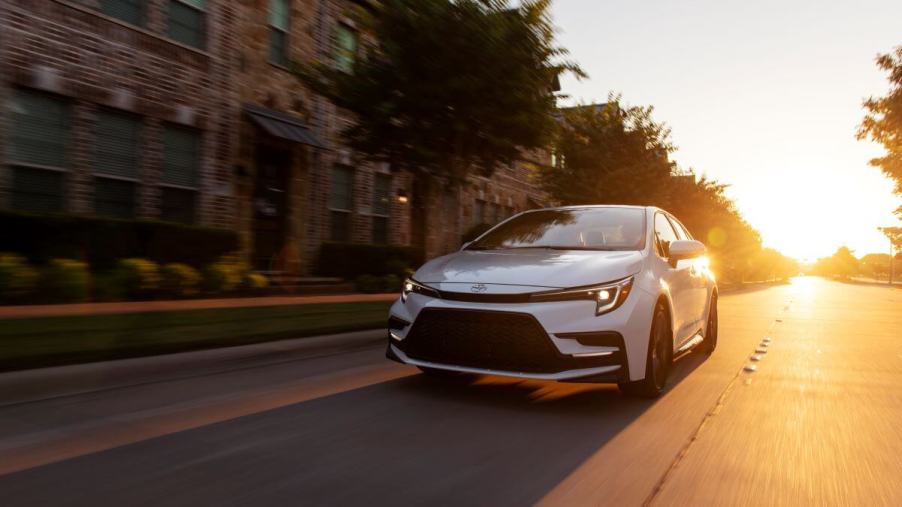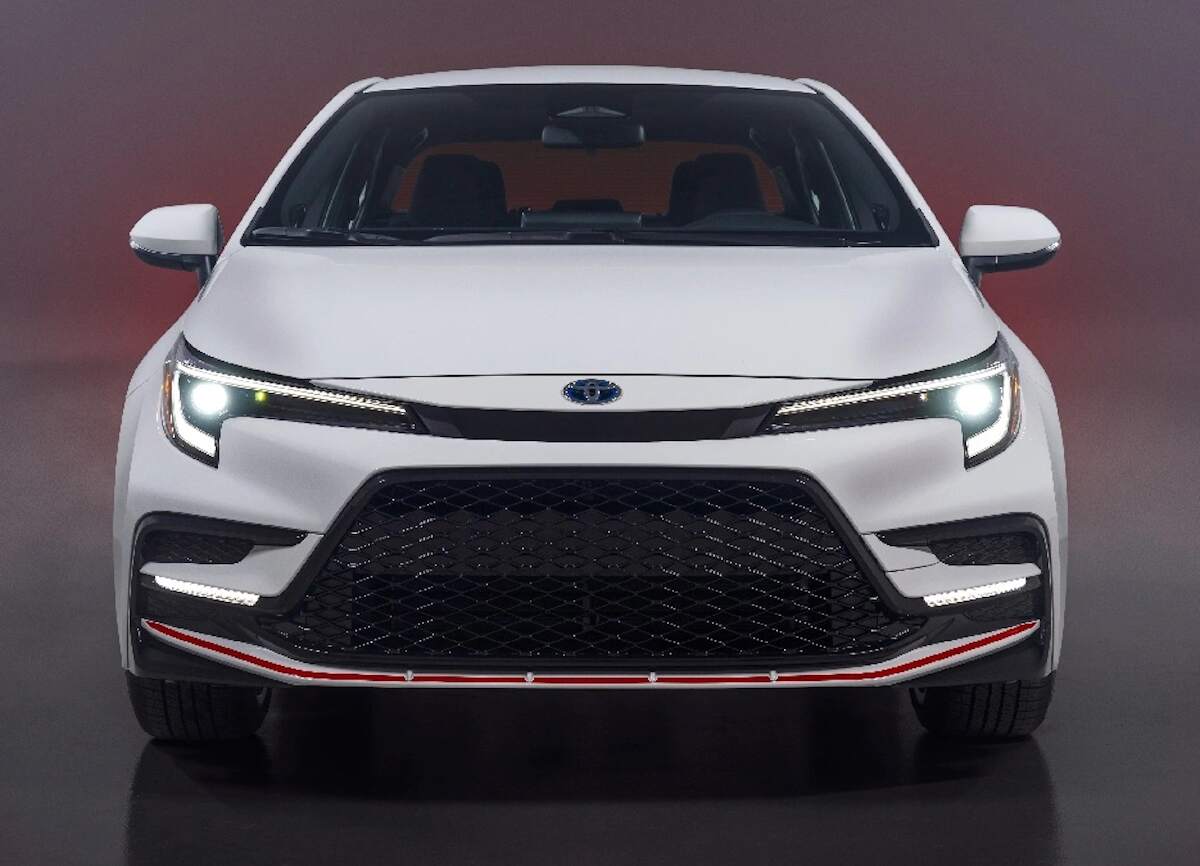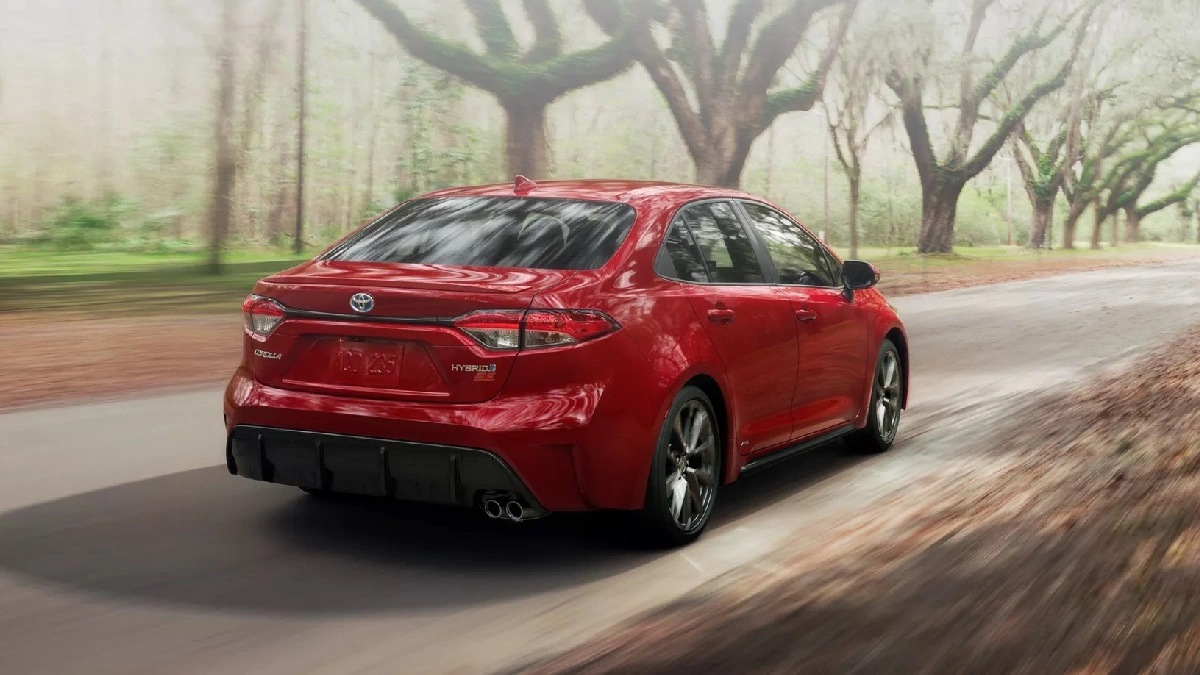
3 Most Common Toyota Corolla Check Engine Light Causes
The Toyota Corolla is easily one of the world’s most popular and trusted compact cars. Over the past few decades, the Corolla has proven to be reliable, fuel-efficient, and practical. Many Corollas have lasted well past the 200,000-mile mark. But like any other car, a Toyota Corolla is prone to having some issues along the way. Here are three of the most common issues that could illuminate the dreadful check engine light in a Corolla.
What causes the check engine light to come on in a Toyota Corolla?

Several sensors and other systems monitor the various parts of a Toyota Corolla. Typically, any malfunctions or miscommunication from these sensors to the compact car’s engine control unit will trigger the check engine light on the instrument panel to turn on. AutoNation and Repair Pal highlighted a few of the most common reasons a Corolla’s check engine light would come on, based on owner complaints:
- Loose gas cap
- Failing catalytic converter
- Failing mass airflow sensor
To be clear, not every Toyota Corolla experiences these three main issues. And by no means is the Corolla an unreliable car if you have one of these issues pop up. Let’s take a closer look at each issue.
A loose gas cap is easily one of the most common issues

One of the most common issues that can cause a Toyota Corolla’s check engine light to illuminate involves the car’s gas cap. A broken or loose gas cap can result in reduced fuel economy, the release of fuel vapors, and increased vehicle emissions.
A failing catalytic converter can activate a check engine light
A car’s catalytic converter is the more important part when it comes to filtering harmful emissions from the exhaust gas coming from the engine. Although catalytic converters tend to get old and fail on any car, some Corolla owners have reported clogged converters that require replacing. It could cost anywhere from $500 to $1,000 to replace a catalytic converter, so be prepared for that possible expense down the road.
A faulty mass airflow sensor is a common possibility in this compact car
The mass airflow sensor (MAF) measures the amount of air going into the engine to ensure a proper air/fuel mixture. Unfortunately, the MAF has been known as a common failure point in some Toyota Corollas. A faulty MAF can lead to poor fuel efficiency and performance, as well as increased emissions. Not only will a faulty mass airflow sensor trigger a check engine light, but it could cause more engine damage in the future if left unrepaired.
Is the Toyota Corolla expensive to repair?
Although these few issues may make the Toyota Corolla sound like it’s unreliable, it’s not. RepairPal gave the Corolla a reliability rating of four out of five stars. The car repair advice site also estimates that it can cost around $362 on an annual basis for repairs. However, it should be noted that the estimate depends on the car, location, and auto repair shop costs for parts and labor. Otherwise, the Toyota Corolla is a reliable sedan that can easily last over 200,000 miles with the proper care and maintenance.



